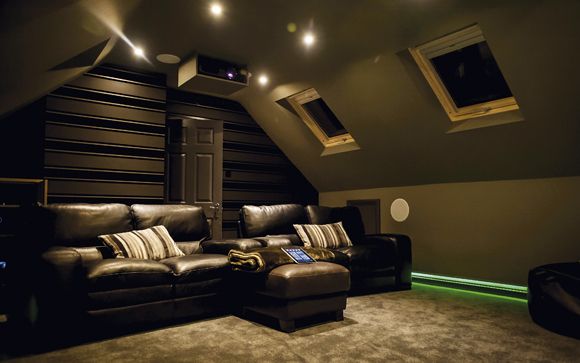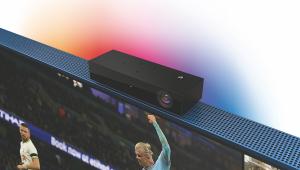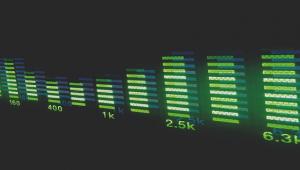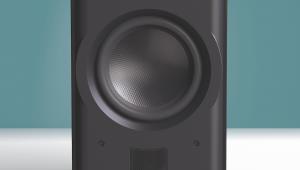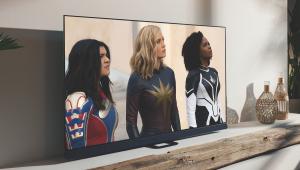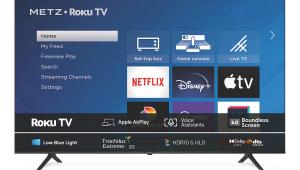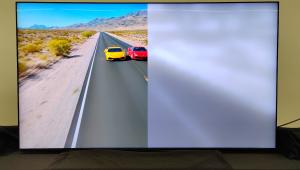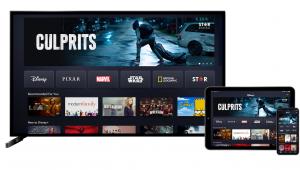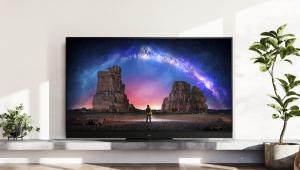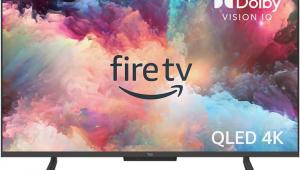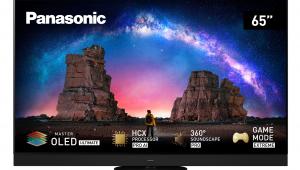Streaming isn't going anywhere, but it’s going to cost a lot more in future
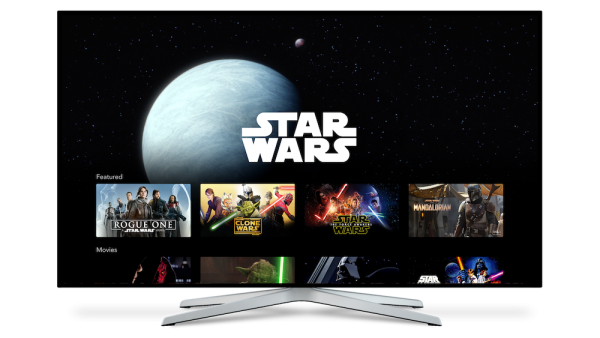
The disaster that is streaming has taken its first high-profile scalp. Bob Chapek was removed as CEO of The Walt Disney Company in November, and one of the reasons for his departure is surely the $1.5bn loss at Disney's direct-to-consumer (DTC) division, the home of Disney+, Hulu+ and others. In a twist worthy of one of Disney’s reboots, the legend that is Bob Iger has been brought back to sort out the mess the company is in at the moment.
It's interesting that most of the issues and disasters that befell Chapek seem to be time bombs left by Iger from his previous reign. Iger was a master for the first half of his 2005-2020 tenure, but the second half was plagued by interference from major Disney shareholders. The term 'ESG' - Environmental, Social, Governance – has put the fear of God into many corporations, as venture capital becomes about more than just profit and loss, but also about social change. Disney has been on the fast track when it comes to this.
As I've said before, streaming video-on-demand is a race to the bottom, as it just can’t generate enough money to justify the investment in the content. The most valuable thing Disney has is its library, and to give it away as part of an all-you-can eat service is simply bonkers. The movie/TV industry is a delicate eco-system that has evolved over decades. Bundling it all up and selling it for a low per-month price makes no business sense.
Last year Tom Cruise dug in his heels and would not allow Top Gun: Maverick to be streamed on Paramount+. I am sure the executives who wanted that to happen were back-tracking faster than an F/A-18 when the film made $1.5bn worldwide in cinemas.
The departure of Bob Chapek suggests we might have reached a tipping point in the streaming world, so what could we see next? Reorganisation of SVOD services into tiers, with advertising included on the lower-cost options, could become standard. Expect price rises, too, plus limits on content. Don't be surprised to find 'premium' content only available to those subscribing to a bolt-on tier, and some real high-profile titles being offered for purchase only.
The dream of a streaming utopia seems to be over, as it's being exposed as technology for technology's sake. It was always a solution looking for a problem, as what the technologist never could figure out was the business model. This is show-business, after all, and always has been.
Adapt or die?
Businesses do adapt, of course, as do consumers. These days, plenty of people don't own their car, instead opting for a lease model. Sky has done similar, removing the need for a lump-sum purchase of its Sky Glass TV (pictured). And for those old enough to remember, when flatscreen TVs were new and fangled, no one owned one; you rented it and every few years got the latest model. Will AV enthusiasts in the future lease their entire system? Consumer electronics is a market that does not stand still, so being able to have an upgrade path for every bell and whistle could be very tempting.
The tech world is changing, and business models are changing with it. In the next few years we are going to see a lot of things we take for granted turned upside-down. The streaming dream, where Disney wants nothing more than £7.99 a month in exchange for all its IP, will be replaced by something else. Streaming isn't dead, and it's not going anywhere. But it’s going to cost a lot more in future.
This column first appeared in HCC #338, January 2023
 |
Home Cinema Choice #351 is on sale now, featuring: Samsung S95D flagship OLED TV; Ascendo loudspeakers; Pioneer VSA-LX805 AV receiver; UST projector roundup; 2024’s summer movies; Conan 4K; and more
|
